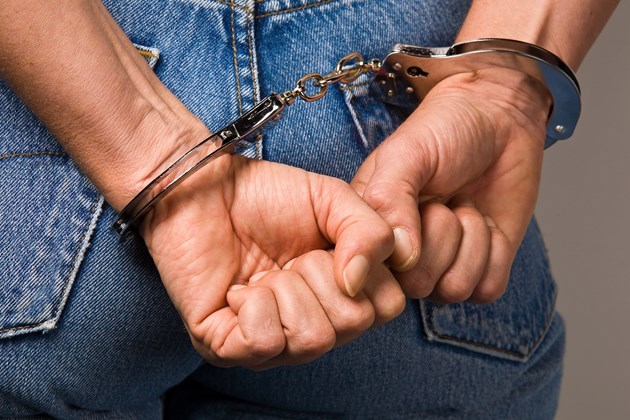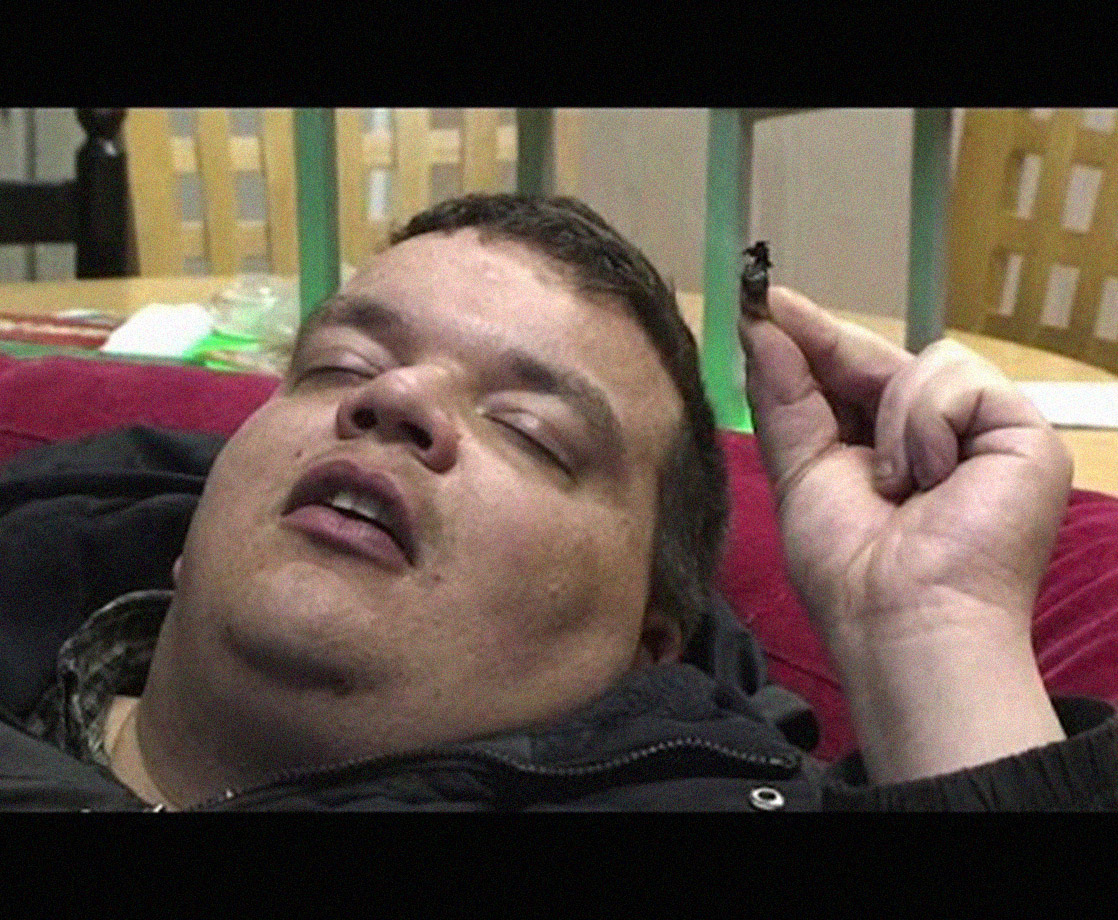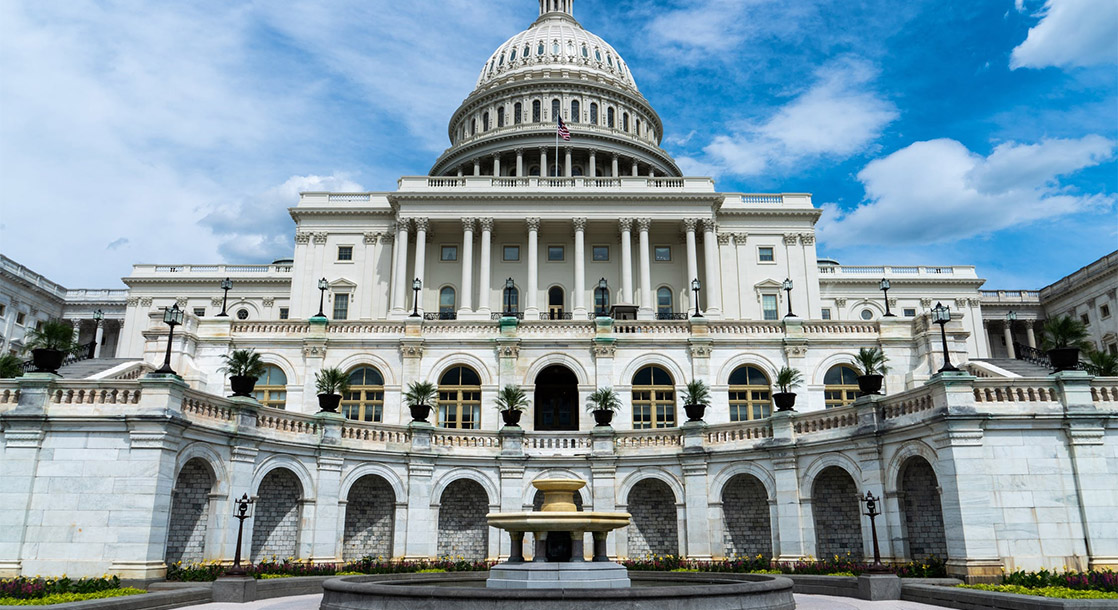Image via
Last week, Washington became the second US state to decriminalize drug possession. But unlike Oregon, where decriminalization was approved by a majority of voters on a ballot initiative, Washington’s sudden decriminalization came by way of its highest court.
On Thursday, February 25, the Washington Supreme Court ruled that the state’s felony drug possession law was unconstitutional. The surprise ruling was handed down in the case of Shannon Blake, a Spokane woman who was arrested when cops found a bag of meth in the pocket of her jeans. The woman claimed she had no idea that she had meth on her, as her friend bought the pants for her at a thrift store and she hadn’t checked the pockets.
Although Blake argued that the drugs did not belong to her, Washington’s drug law automatically charges anyone caught with drugs with a felony offense – even if there is no proof that they knowingly possessed the drugs. The case was appealed to the state Supreme Court, which ruled that the drug law was unconstitutional because it criminalized passive, unknowing conduct, which in turn violates the right to due process.
As a result of the ruling, it is now legal to possess any amount drugs in Washington State, and anyone who is currently facing charges for possession will likely have their criminal case vacated. The ruling also prevents cops from conducting searches based on suspicion of drug possession, and technically also prevents them from confiscating any drugs that they encounter.
The Washington Association of Prosecuting Attorneys (WAPA) announced that “police officers must immediately stop making arrests or issuing citations for simple possession of drugs,” the Post Millennial reports. Police are still authorized to arrest anyone who is caught selling or producing illegal drugs, however.
The sudden ruling sent a shockwave through the state law enforcement community, and cops took to social media to vent about the decision. “The only headline we should be reading today is that nine justices on the Washington State Supreme Court actually bought off on the ‘THESE AREN’T MY PANTS’ defense,” Snohomish County Sheriff Adam Fortney wrote on Facebook.
Ironically, some Washington lawmakers were already working on a bill to decriminalize minor drug possession, similar to Oregon’s voter-approved law. Two weeks ago, a Washington House committee voted to advance the Pathways to Recovery Act, which would decriminalize possession of “personal use” amounts of any drug and expand the state’s drug treatment programs.
Some legislators are anxious to put prohibition back on the books, though, and are trying to amend the original felony drug law to only include people who “knowingly” possess drugs. If this were to pass, cops could go back to busting people for drugs, but someone like Blake who did not know they had drugs on them could at least defend their case in court.
Prosecutors and law enforcement have argued that the court’s ruling will make it impossible for the state to bring its opioid crisis under control, but activists are urging lawmakers to consider implementing the Pathways to Recovery Act, rather than simply recriminalizing all drugs and returning to normal.
“This decision is a perfect dovetail to the drug decriminalization bill moving through the legislature, which has already passed out of committee,” said Theshia Naidoo, head of legal affairs at the Drug Policy Alliance to Leafly. “We urge legislators to immediately consider this bill and the benefits it would bring, including expanded health, harm reduction and recovery services, rather than re-enacting the harmful criminal penalties of the past that have resulted in extreme racial disparities, record drug overdoses, and countless lives ruined.”
At this point, it is unclear whether lawmakers will try to patch the original drug possession law, approve the decriminalization bill, or simply allow the current state of affairs to stand as is. But one thing is clear – it is currently legal to possess any drug in Washington state, and courts will not be able to prosecute anyone for drug possession unless the state passes a new drug law.











